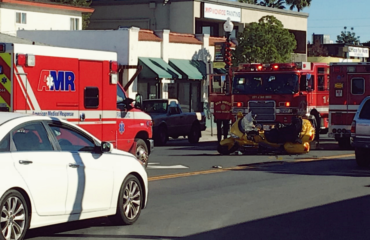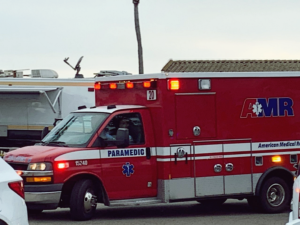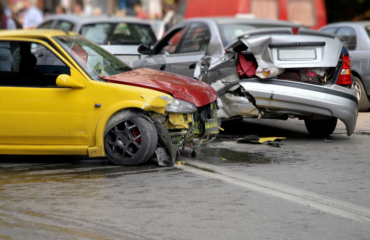Delaware law enforcement is joining national efforts to combat distracted driving in April as part of Distracted Driving Awareness month. Various state law enforcement agencies will be participating in the “U Drive. U Text. U Pay.” campaign from April 10 to 15, 2015.
They also plan to expand the campaign from April 23-27.
The high-visibility campaign is aimed at cracking down on drivers who use handheld cellphones and/or text while behind the wheel by enforcing the state’s distracted driving laws and reaching the public through advertising and media efforts.
In Delaware, it is illegal to use a hand-held cellphone while driving and it is also illegal to text while driving. Other personal electronic devices such as pagers, laptops, iPods and iPads are included in the ban.
To use a cellphone legally while driving, motorists must have hands-free technology.
The law permits police officers to pull over drivers who they observe using a handheld cellphone while driving and issue them a ticket. The fine for a first offense is $106, but drivers can be fined up to $300 for multiple offenses.
Of course, the main reason to avoid distracted driving is because it can easily lead to a serious or deadly car accident. Just having your eyes off of the road for a couple seconds is enough to cause a crash that can change your life forever.
The campaign hopes to especially draw the attention of teen drivers, who could be most vulnerable to texting while driving accidents.
According to the AAA Foundation for Traffic Safety, distracted driving contributes to 58 percent of accidents involving teens nationwide, and cellphones are a major source of distraction for teens.
A 2014 article in the New England Journal of Medicine also indicated that the risk of a teen driver being in an accident increased as the teen performed various other, including texting and dialing on a cellphone.
If you have a teenage driver, talk to him or her today about the importance of putting the cellphone away while driving and focusing only on the road. The talk might just save your teen’s life.





